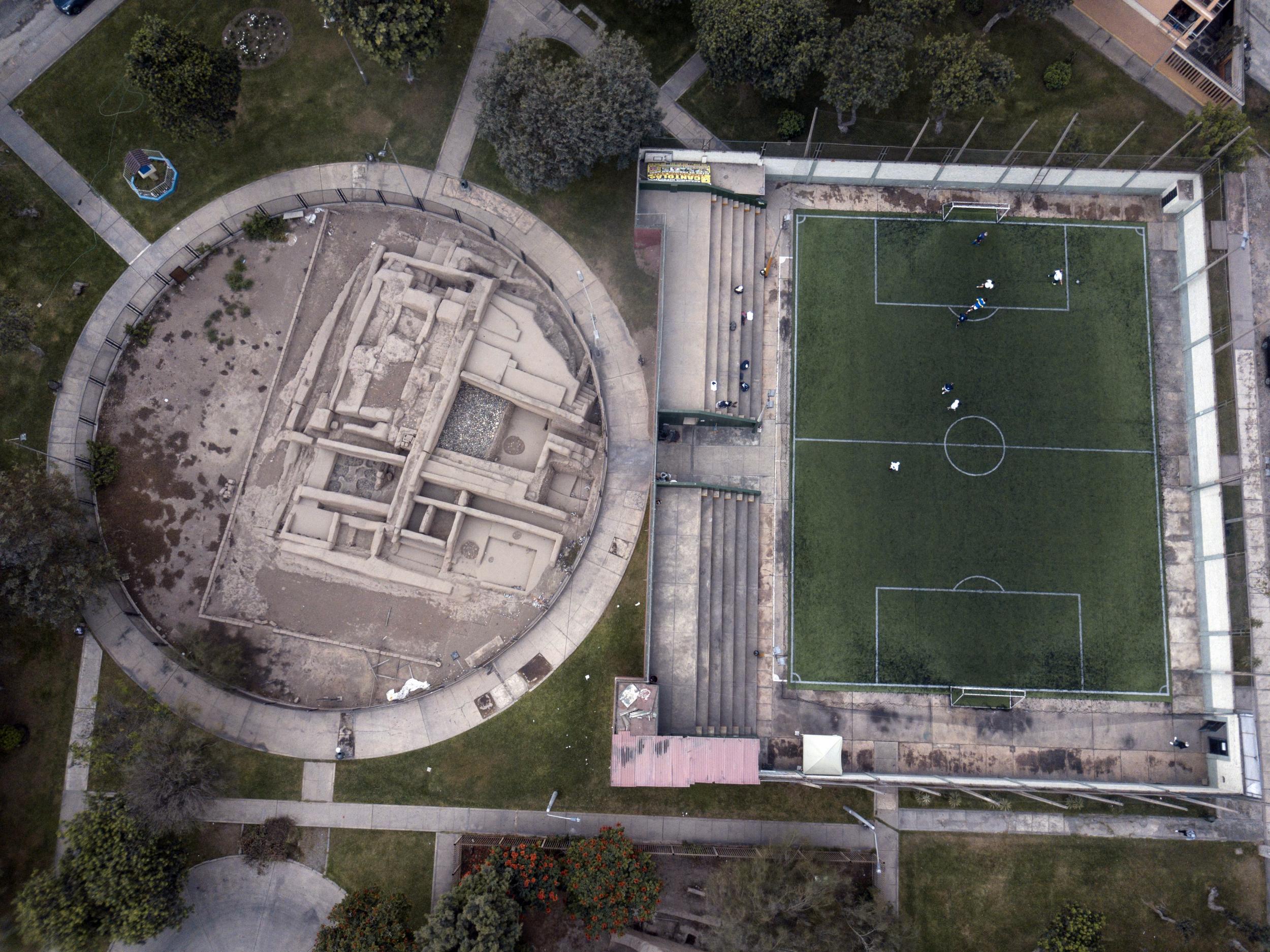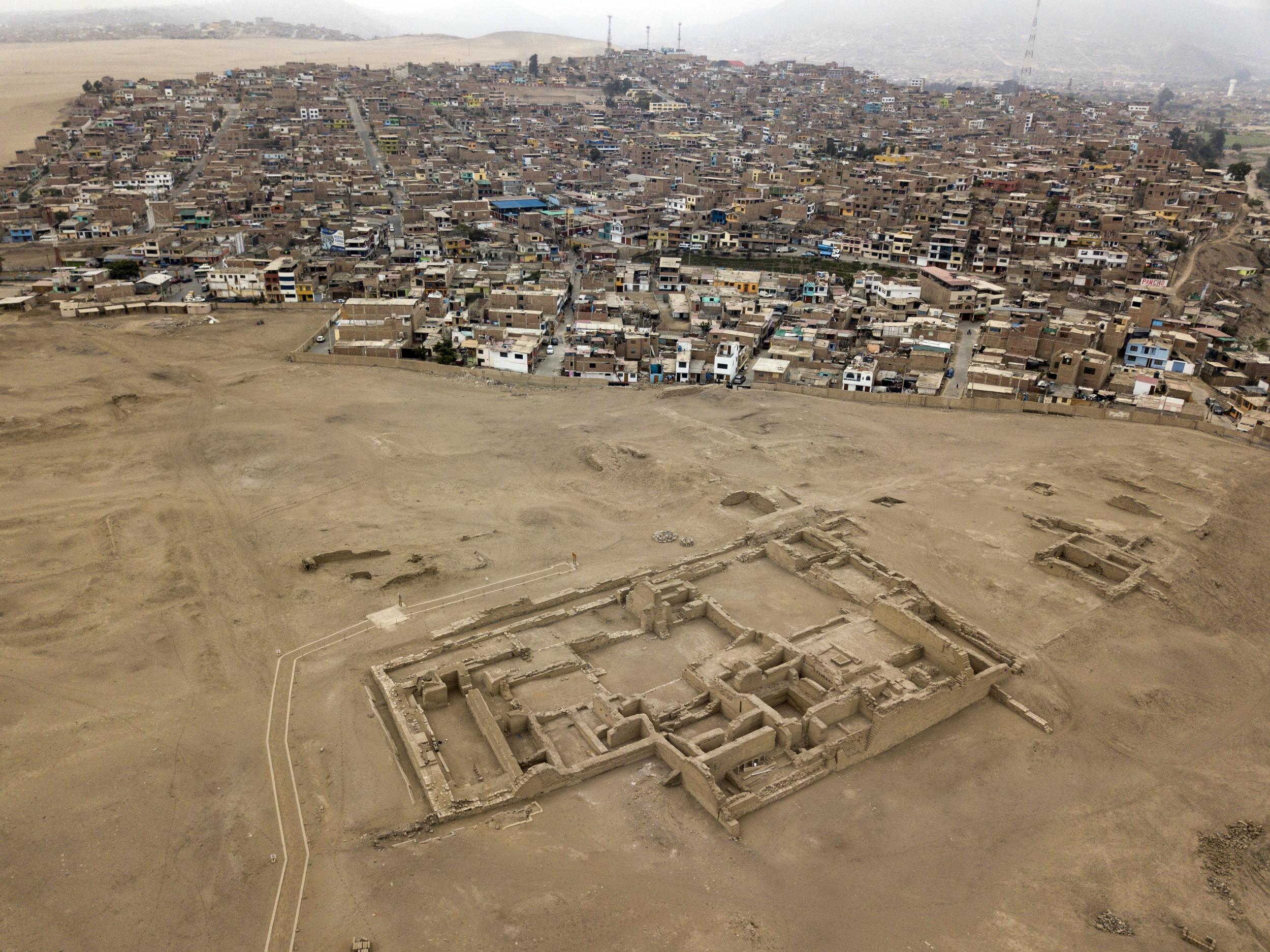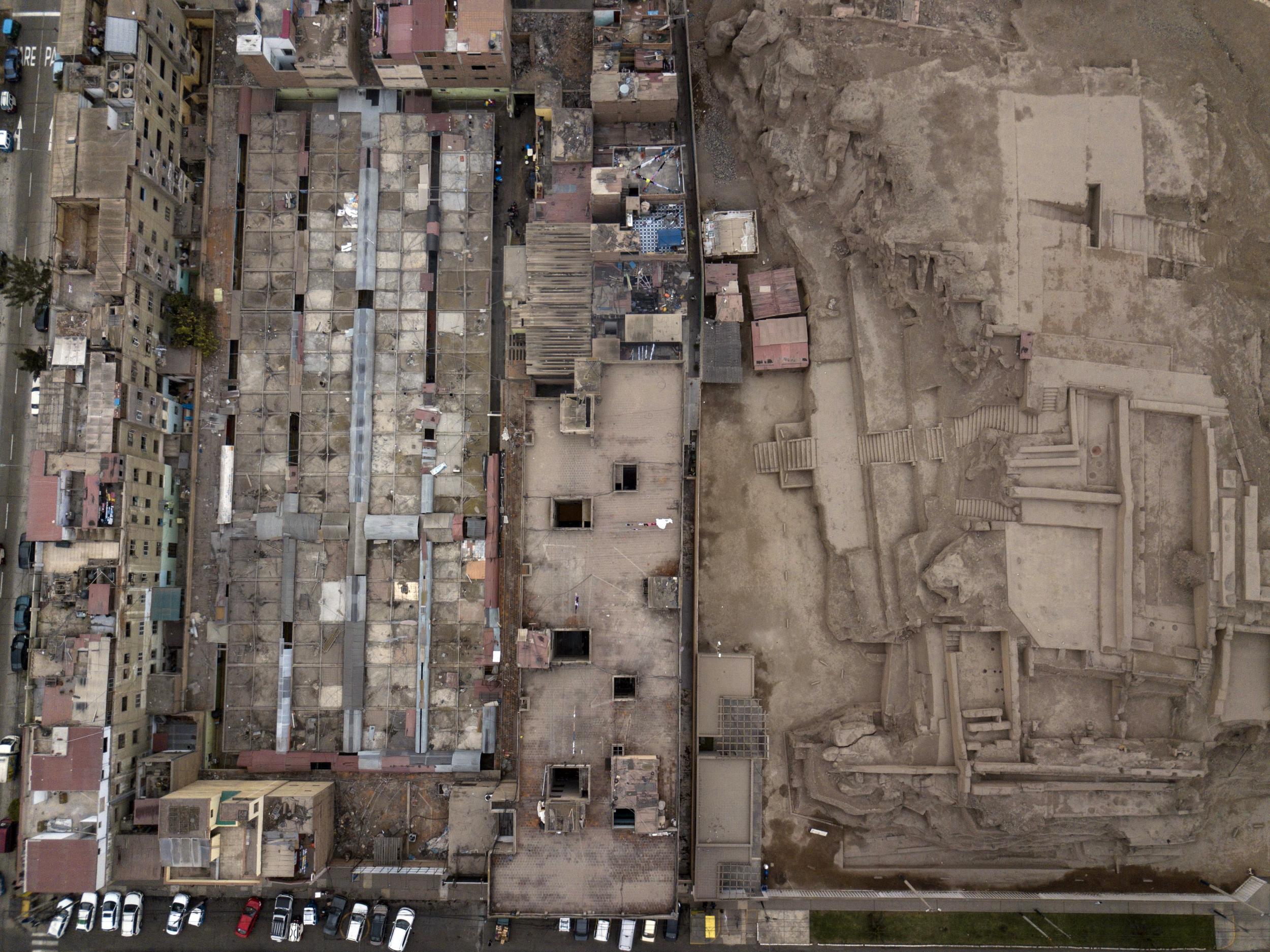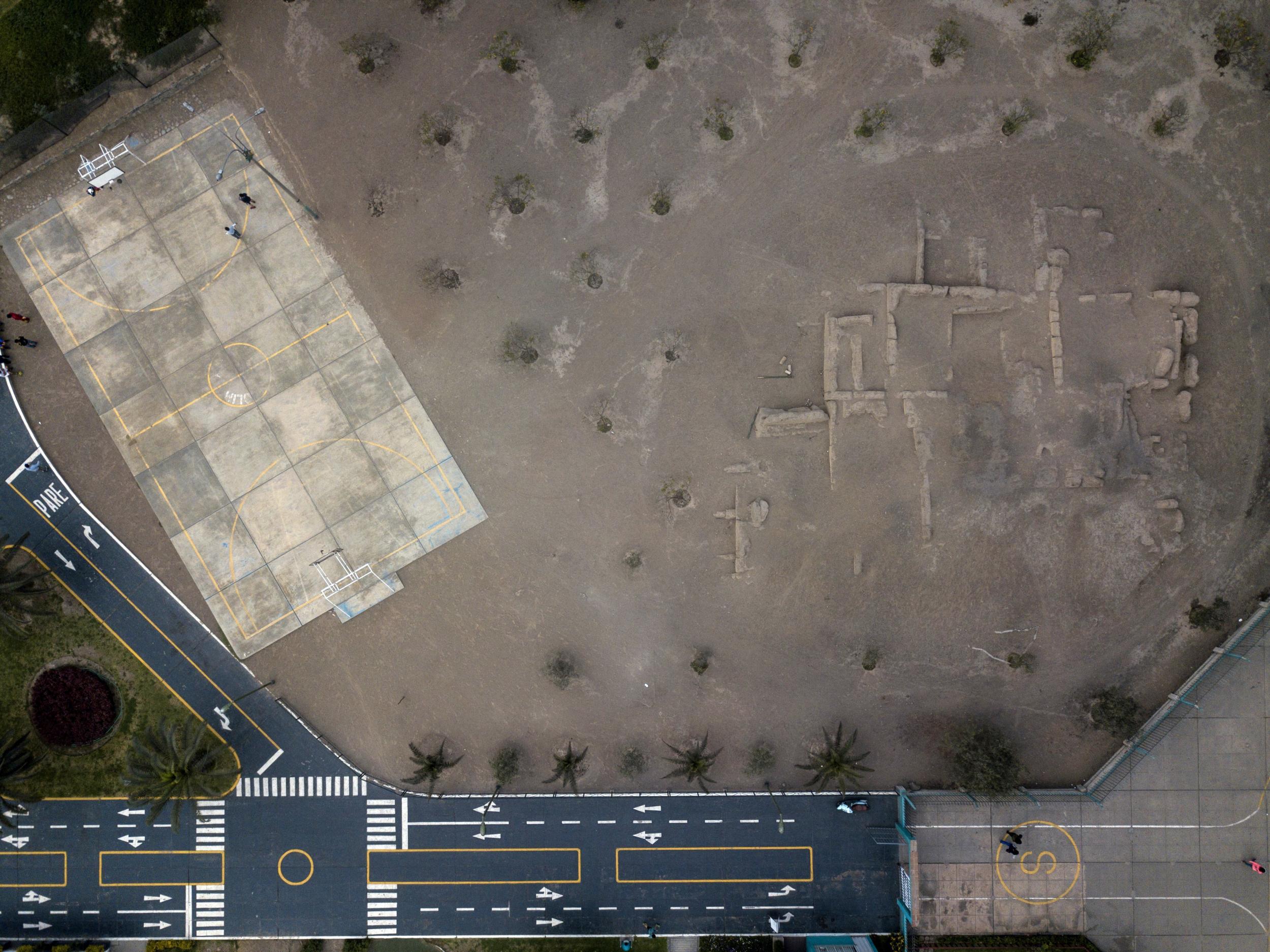Peru's ancient ruins at risk from property developers
New buildings are encroaching on Peru’s 46,000 pre-colonial sites

Your support helps us to tell the story
From reproductive rights to climate change to Big Tech, The Independent is on the ground when the story is developing. Whether it's investigating the financials of Elon Musk's pro-Trump PAC or producing our latest documentary, 'The A Word', which shines a light on the American women fighting for reproductive rights, we know how important it is to parse out the facts from the messaging.
At such a critical moment in US history, we need reporters on the ground. Your donation allows us to keep sending journalists to speak to both sides of the story.
The Independent is trusted by Americans across the entire political spectrum. And unlike many other quality news outlets, we choose not to lock Americans out of our reporting and analysis with paywalls. We believe quality journalism should be available to everyone, paid for by those who can afford it.
Your support makes all the difference.A team of archaeologists and officials in Peru are ramping up efforts to preserve the country’s ancient ruins amid concerns that many of them are under threat due to urban development.
There are an estimated 46,000 historical sites all across Peru, with 400 located in capital city Lima; it’s home to the biggest number of pre-colonial archaeological zones of any city in South America.

Until now, not much has been done to protect these “huacas”, or sacred historical sites. Peru only spends enough money to protect 1 per cent of ruins, with the rest left to be crowded out by urbanisation or used as unofficial rubbish dumps. The walls of one temple were demolished and used to make bricks for new homes in the 1980s.
“Since the founding of Lima, there has been no relationship between the people and the huacas, beyond seeing them as mounds of earth or places to search for treasures,” archaeologist Hector Walde told the Associated Press.
But he and others are hoping that can change. A new campaign launched in July, offering free admission to museums and archaeological sites in the hopes that Peruvians might start to reconnect with and value their heritage.
“The idea is for Peruvians to feel that heritage is something that is enjoyed,” deputy minister of heritage Jorge Arrunategui said.
A new antiquities law is in the offing, which officials claim will offer ancient sites better legal protection. However, some fear that these will only apply to places deemed “archaeologically significant” by the heritage minister, meaning all the other sites will see their legal status weakened.

Some locals are getting involved in preserving their local heritage.
Gianina Rojas, 26, is a Lima resident who lives within view of an Incan adobe pyramid. Both her and her mother have vowed to help protect the huaca, but it’s not without its challenges.

“Most people do not know how dangerous it is to care for a huaca,” she said.
“You have to face land traffickers, thieves and bad people. The worst part is that the state never recognises or thanks you.”
Join our commenting forum
Join thought-provoking conversations, follow other Independent readers and see their replies
Comments